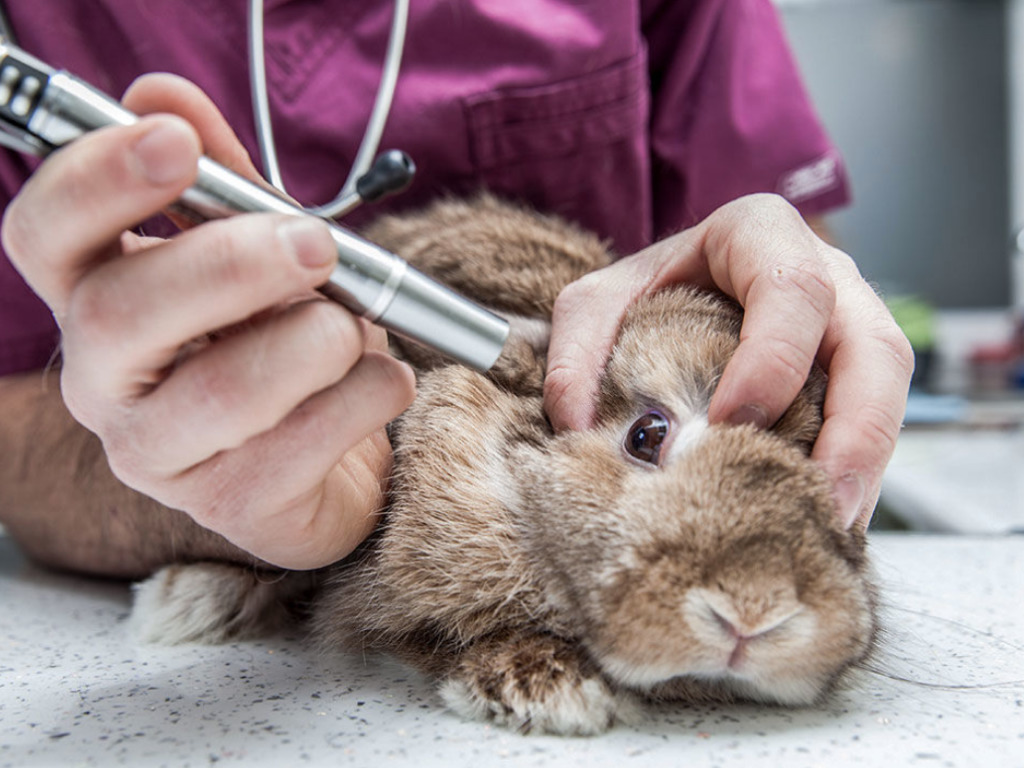Center for Contemporary Sciences Partners With GlassWall Syndicate To Fund Alternatives To Animal Testing
3 Mins Read
Non-profit organization Center for Contemporary Sciences(CCS) recently announced its partnership with GlassWall Syndicate to provide financial assistance to those companies that are developing technologies or products that refrain from animal-testing and instead choose alternative sustainable testing methods.
Launched in 2020, CCS works on innovative and evidence-based research methods with its foundation in human biology and strives to build testing technologies that reduce our dependency on animals and are efficient for humans. In doing so, they aim to provide data on how humans might respond to medicines and chemicals with far better precision than animal tests which will result in improved treatments and cures.
GlassWall Syndicate is made up of a group of venture capitalists, foundations, trusts, non-profits, and individual investors that support sustainable products that are better for the lives of animals, people, and the environment.
Both these organizations have now come together and decided to invest in innovations that put an end to animal testing by providing efficient alternative methods of experimentation and companies that are working on the same, can apply for funding.
In a press release seen by Green Queen, CCS president & CEO Dr. Aysha Akhtar said that given CCS is establishing itself as a catalyst for connecting innovators, investors, and governmental agencies, the new partnership is an exciting next step: “We are thrilled to partner with GlassWall Syndicate and look forward to collaborating with funding recipients. This investment opportunity will bring further innovation into the already groundbreaking field of human-based biological research.”
At present, the human-specific medical research and testing tools include human stem cells, human spheroids, organ-and body-on-a-chip methods, bioprinting and 3D human-tissue culture.
This investment opportunity will bring further innovation into the already groundbreaking field of human-based biological research
Dr. Aysha Akhtar, president & CEO, CCS
According to PETA, every year, over 100 million animals like mice, rats, frogs, dogs, cats, rabbits, hamsters, guinea pigs, monkeys, fish, and birds are killed in labs across the U.S. alone for various reasons from chemical, drug, food, and cosmetics testing to biology lessons to medical training.
Furthermore, 95% of all drugs that are considered safe when tested on animals, fail during human trials because the reality is that animal trials are unreliable, however, still every year in the U.S., the National Institutes of Health (NIH) blows about 47% of research funding on animal experimentation equivalent to $19.6 billion spent on animal experiments in just 2020.
Elsewhere, to back a global campaign to ban cosmetic testing on animals, Hollywood filmmakers and movie stars like Taika Waititi, Ricky Gervais, Zac Efron, and Olivia Munn worked with Humane Society International(HSI) to release a film – Save Ralph to raise awareness about the animals subjected to the gruesome torture in these labs and push for a ban across the world.
Several companies too are understanding that testing is unethical and unnecessary and are opting for sustainable ones like U.K.-based XCellR8 is a vegan-friendly testing lab that develops cruelty-free cosmetics and personal care products and has even received funding of £100K (over US$140,000) to improve human relevance and reproducibility without the need of animals.
Lead image courtesy of Jose Luis Mendez/Alamy.



